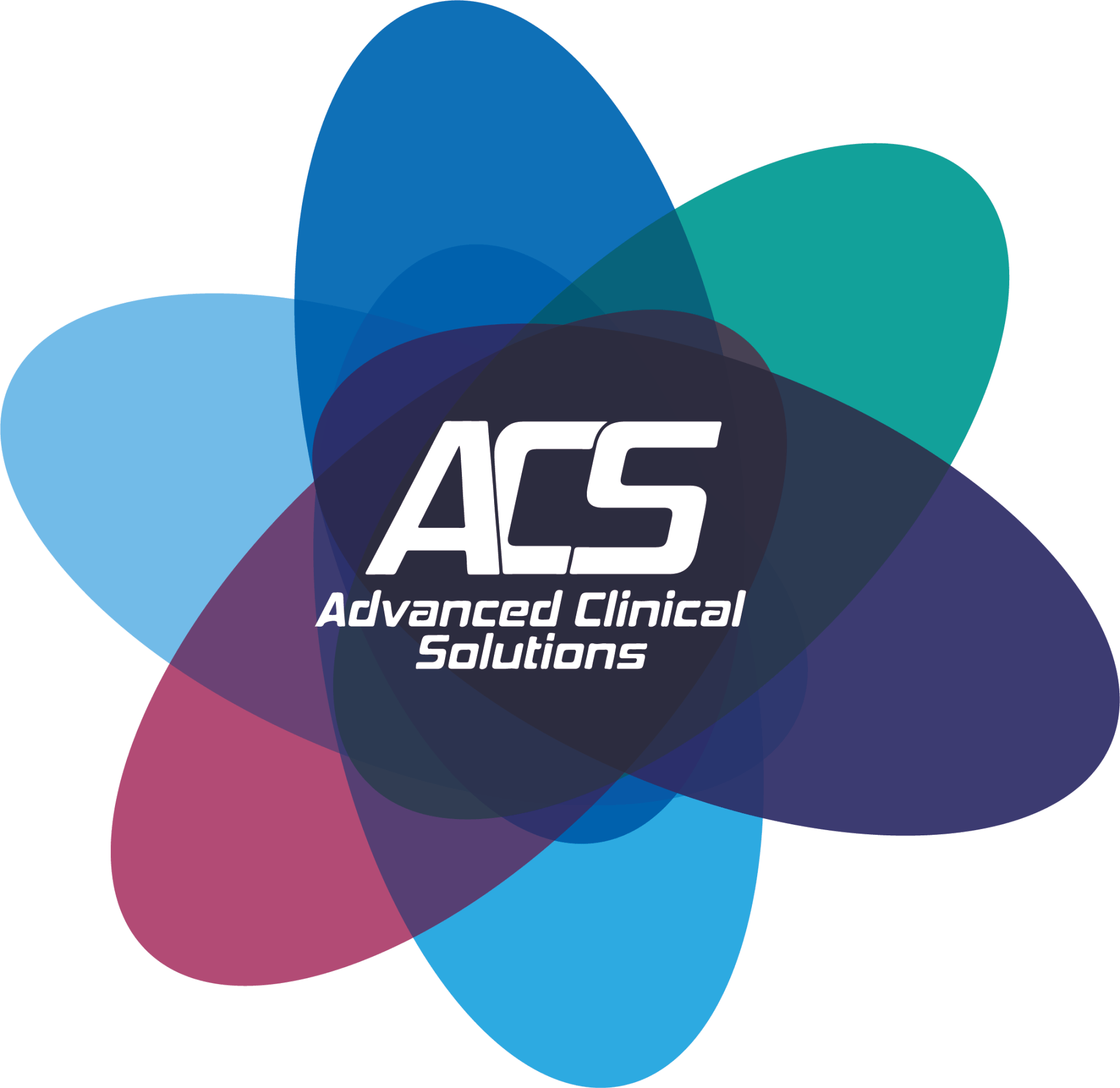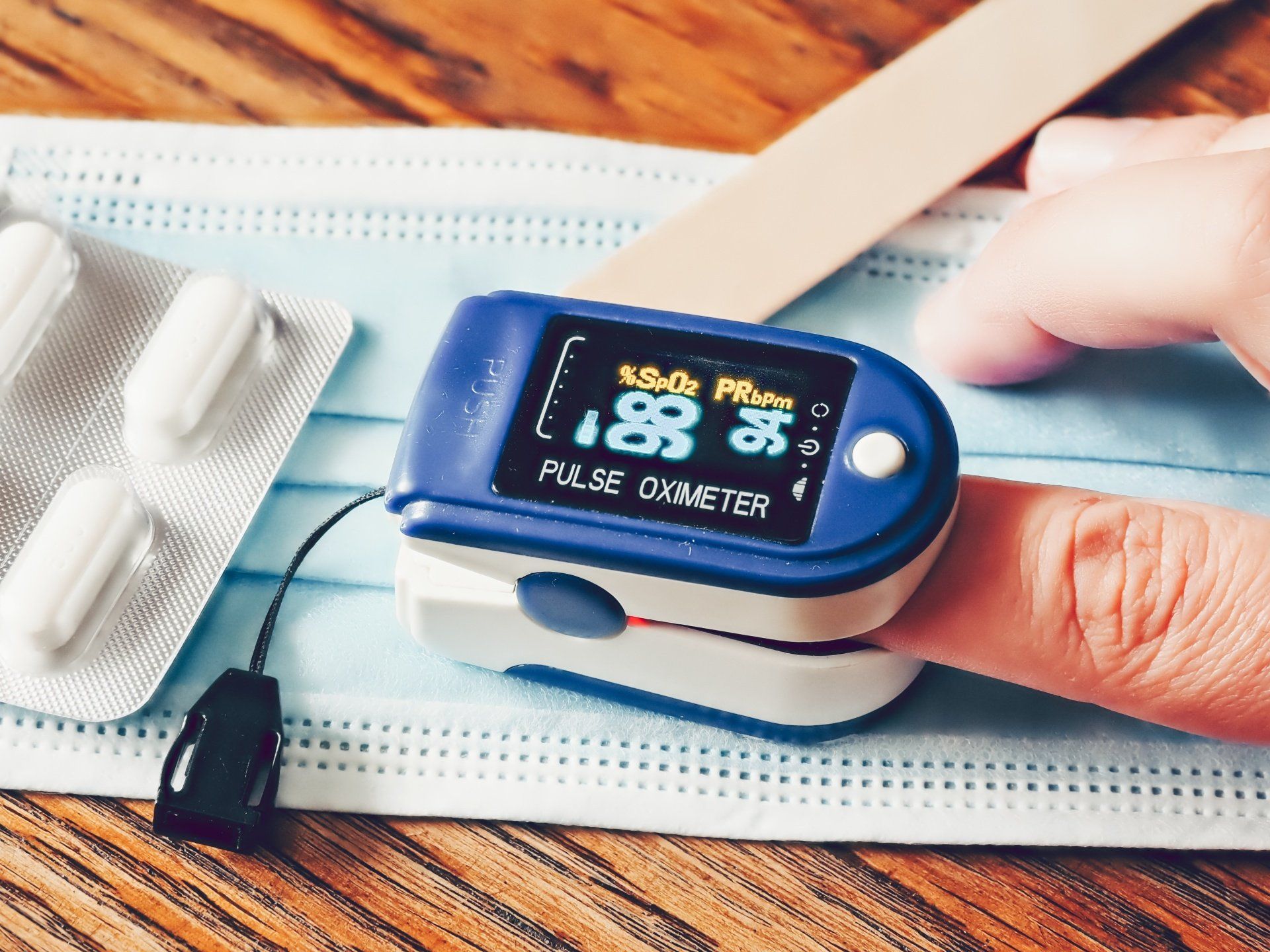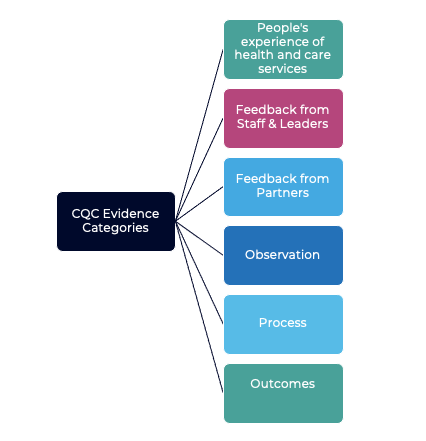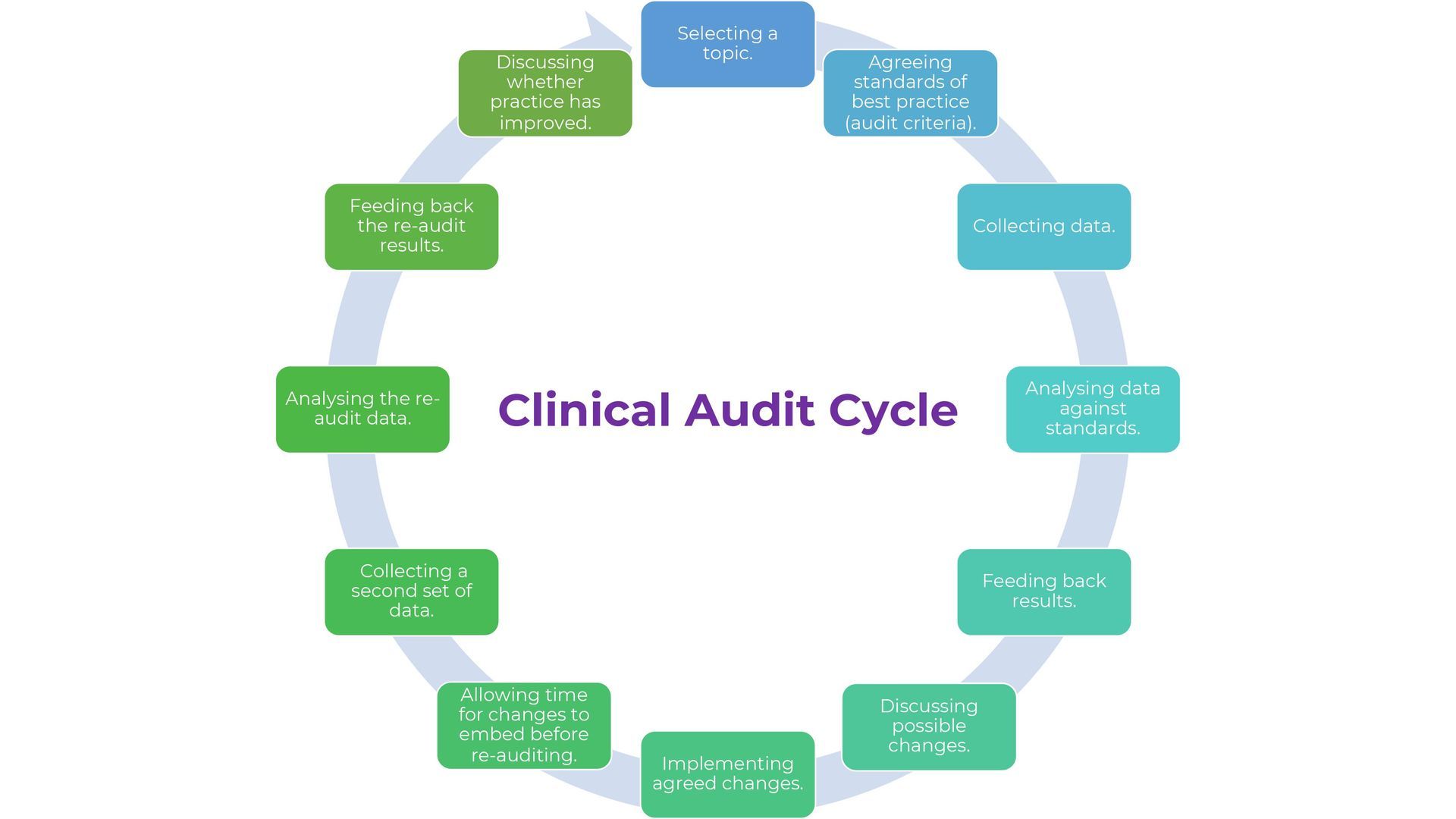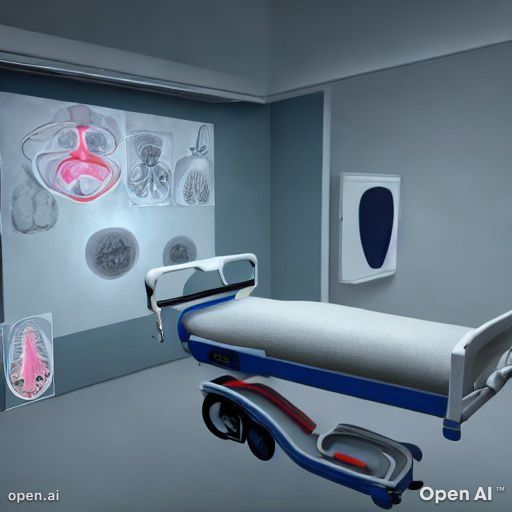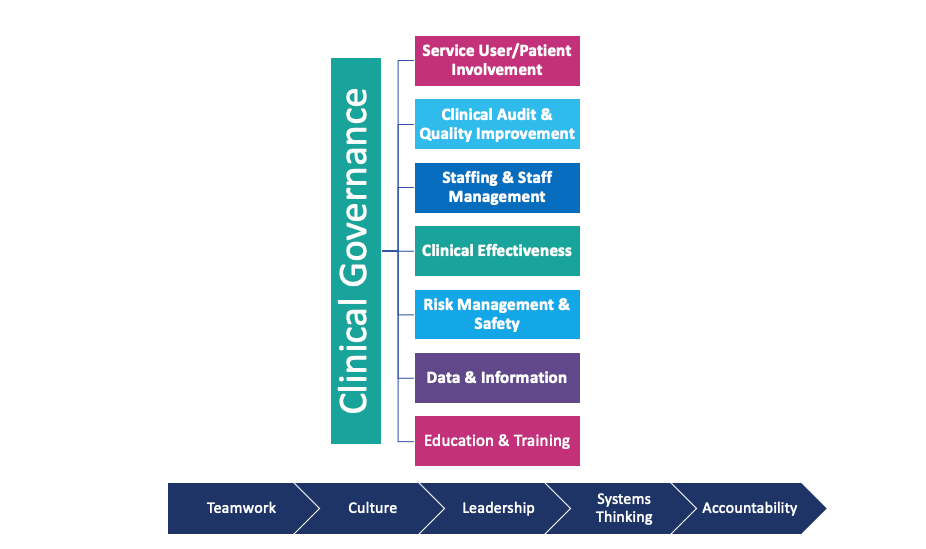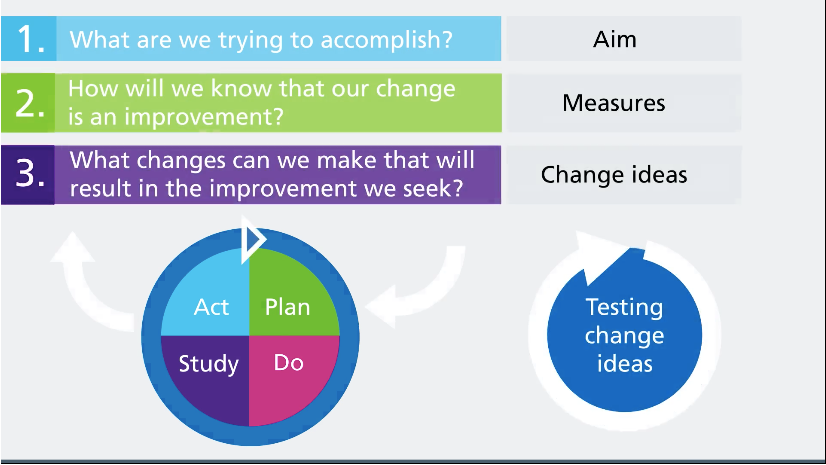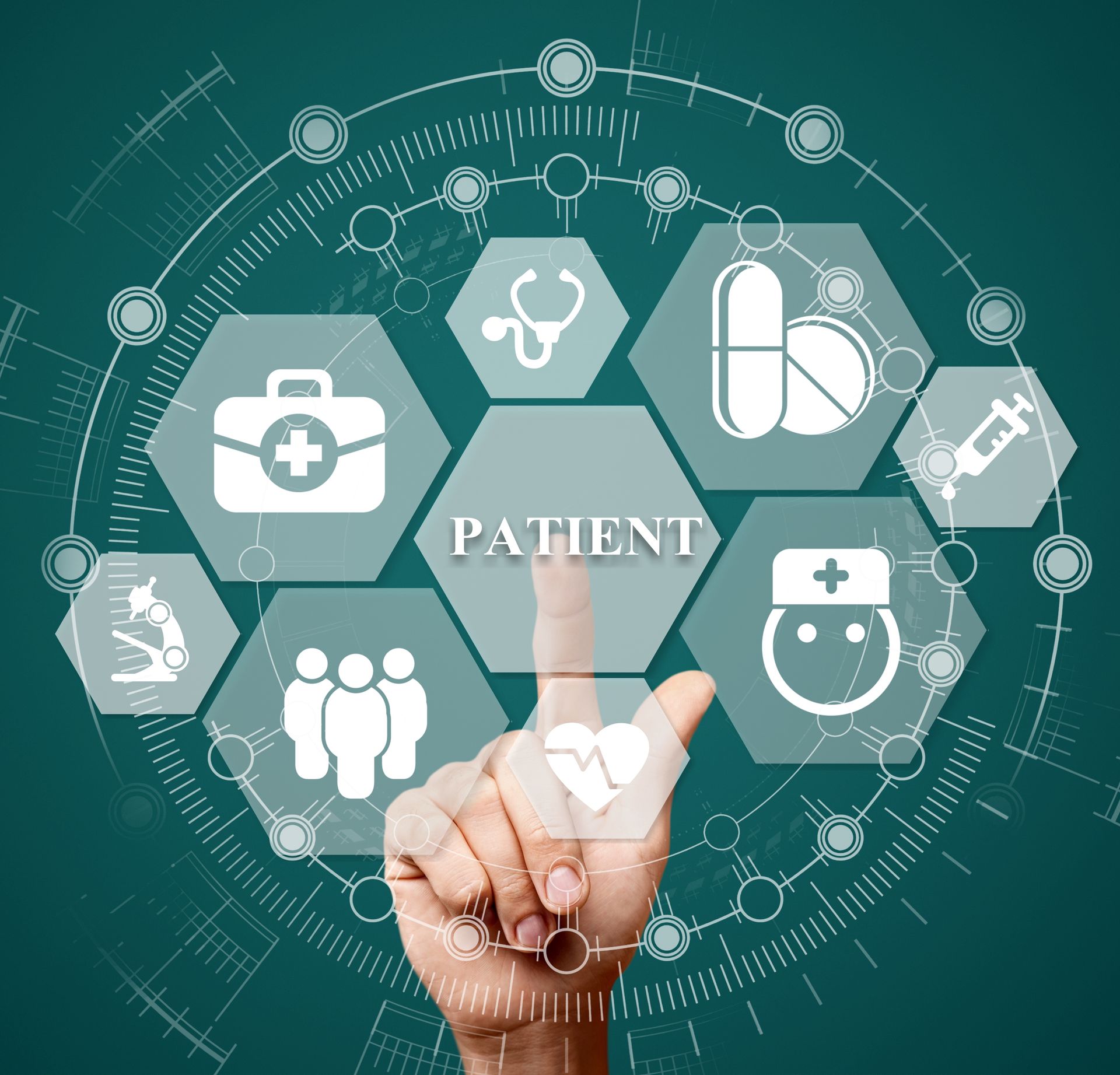Josie Winter • 25 January 2021
Why purchasing a Pulse Oximeter might be a good investment in the battle against COVID-19 ?
A Pulse Oximeter is medical device used for checking blood oxygen saturation levels
A Pulse Oximeter is medical device used for checking blood oxygen saturation levels . A recent NHS England publication lays out a framework for remote support of COVID-19 patients using pulse oximetry.
Pulse oximetry could soon be widely used to detect early deterioration of patients with COVID-19 in a community setting or at home. It has the potential to pick up early warning signs of those at risk of serious deterioration and is particularly useful for identifying ‘silent hypoxia’ (low oxygen levels in the absence of significant shortness of breath).
What are normal oxygen levels ?
A normal oxygen level in the blood is somewhere between 95% and 100%, however with COVID-19 patients levels can fall dangerously low, sometimes as low as 70-80% . A pulse oximeter can be placed on your middle finger , and a small light is shone into the body to measures how much light is absorbed.This is then used to calculate oxygen levels in the blood.
For some areas in England, pulse oximeters are being given to people with Covid-19 who are age 65 or over or anyone doctors are concerned about.
Why oxygen levels in the blood can drop without you noticing.
This is called "silent hypoxia". Many patients have been arriving to hospital in a much worse condition than they have maybe realised, and on occasion it has been too late to treat well. Pulse oximetry could be a life-saving solution which allows you to monitor your oxygen levels a few time a day at home. Even better, it is a low cost solution.
Are you looking to outsource some Infection Prevention & Control support for your organisation ?
Contact us on
www.advancedclinicalsolution.co.uk
T: 01633 415 427
E: info@advancedclinicalsolution.co.uk
Check out the NHS video below to find out more about pulse oximetry monitoring for COVID-19
Email Us
For general enquiries & questions,
contact us via email
Book Free Consultation
Need some advice face to face? Book a free 30 minute MS Teams consultation
Share
CHECK OUT OUR OTHER BLOG POSTS
Knowledge Hub

This blog post delves into the findings of the "Global State of Patient Safety 2023" report by Imperial College London, exploring key aspects of patient safety around the world. It covers country-specific rankings, notable improvements, and areas of concern in healthcare systems. The post also highlights recommendations for future actions to enhance patient safety, emphasising the role of patient and family involvement, the importance of comprehensive data collection, and the need for global collaboration in healthcare improvement efforts.
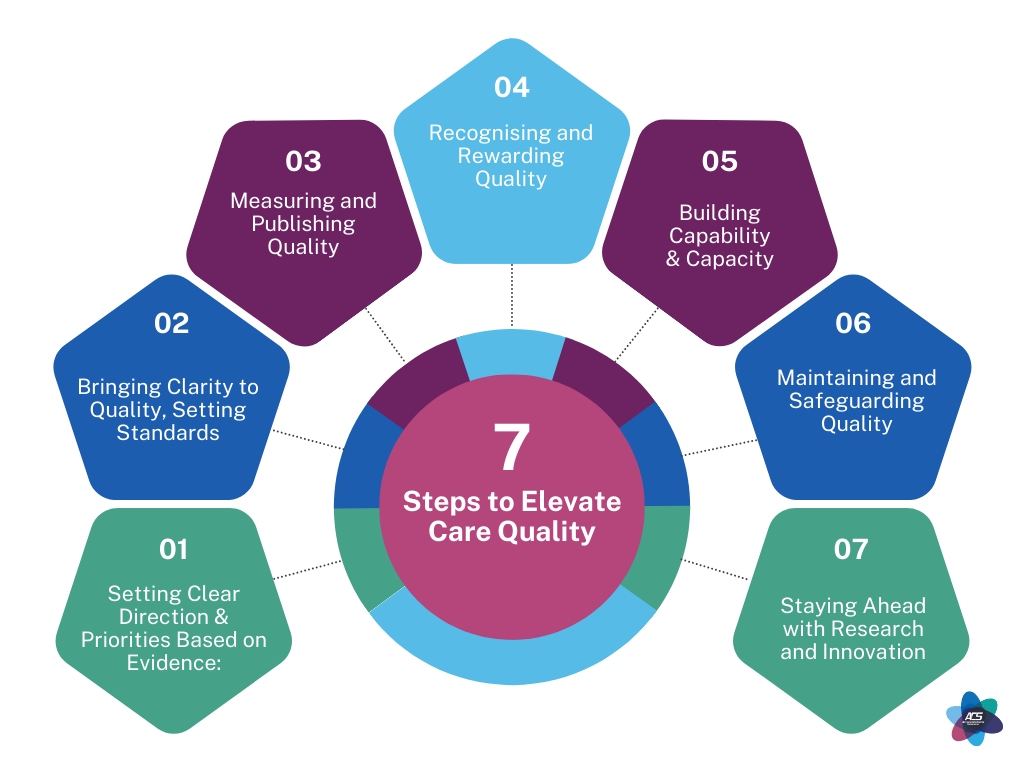
Explore the transformative journey towards healthcare excellence with our latest blog post, "Unlocking Excellence in Healthcare: A 7-Step Guide to Quality Care." This insightful post delves into the Health Foundation's adaptation of a Healthcare Quality Framework, presenting a comprehensive seven-step path designed to elevate the quality of care across the healthcare spectrum. From setting evidence-based priorities to embracing innovation and research, each step provides a strategic blueprint for healthcare professionals, organizations, and stakeholders to collaboratively enhance care quality. This guide is not just theoretical; it's a practical roadmap to close the care and quality gap, ensuring every patient receives the highest standard of care. Whether you're a healthcare provider seeking to improve patient outcomes or a stakeholder in the health sector, this blog post offers valuable insights and actionable strategies
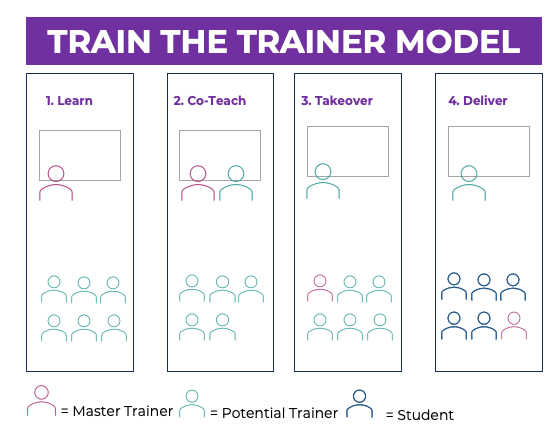
Train-the-Trainer (TTT) programs have emerged as a valuable strategy and cost effective way to enhance skills, knowledge, and performance among care professionals. These programs, however, come with their own set of benefits and risks. This article explores the advantages and potential pitfalls associated with TTT initiatives in the context of health and social care
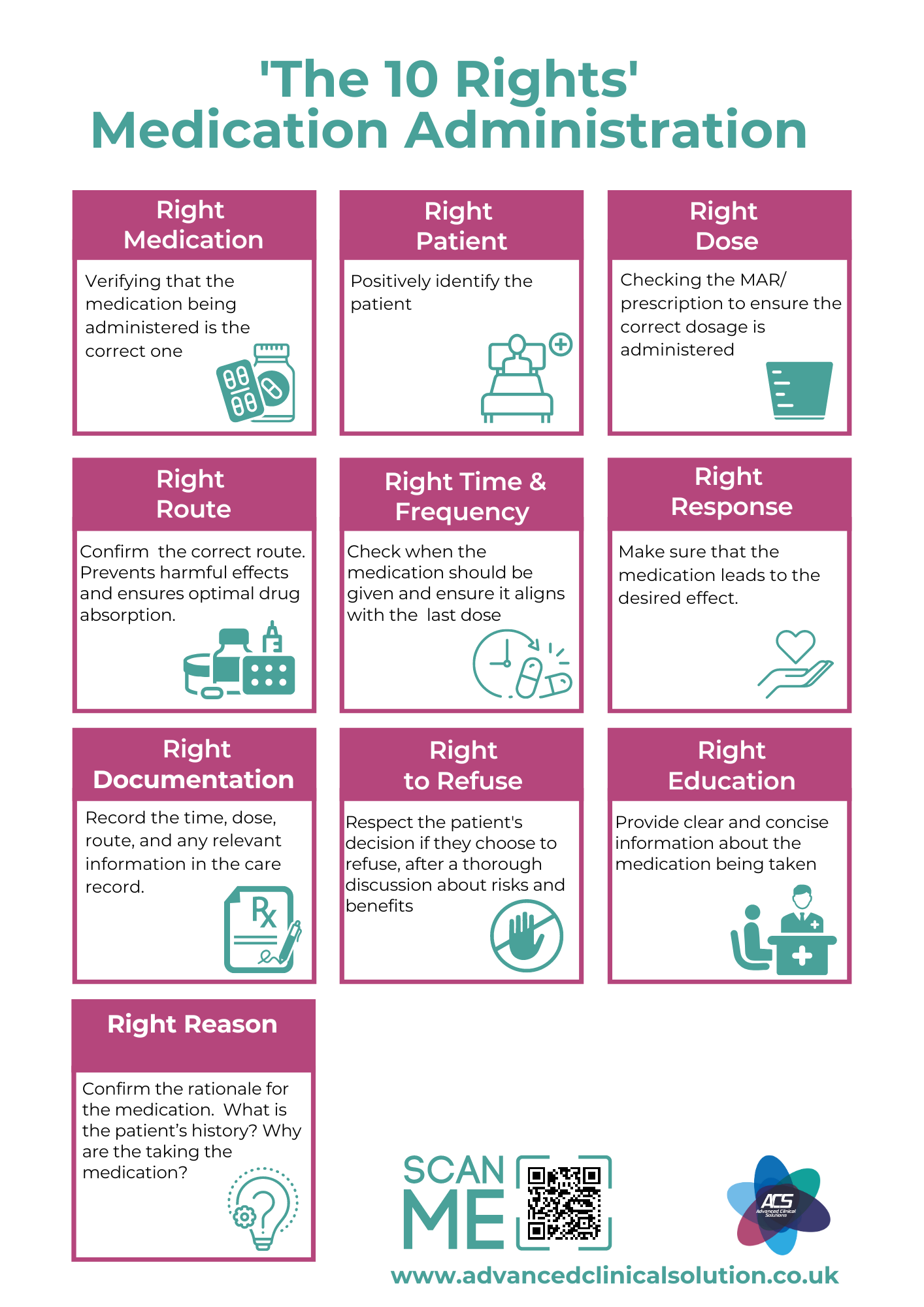
Mastering Medication Administration: Discover the 10 Rights for Medication Administration | Explore the comprehensive guide by Advanced Clinical Solutions, your trusted source for healthcare training. Elevate your expertise with our insightful blog post, delving into the crucial 10 Rights of Medication Administration. Learn how to ensure quality, safety, and patient well-being. Plus, don't miss our exclusive offerings – access FREE downloadable posters and specialized training resources on this essential topic. Enhance your skills today with Advanced Clinical Solutions!
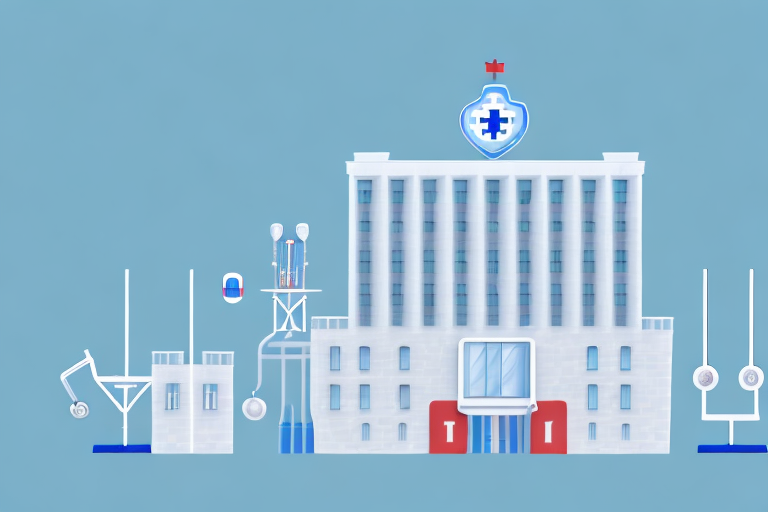
Elevating Care Standards: Bridging Healthcare Quality Improvement and Regulatory Compliance
High care standards are essential for ensuring that patients receive the best possible care. However, bridging the gap between care quality improvement and regulatory compliance can be challenging. This blog post discusses the importance of high care standards, the impact of regulatory compliance, and strategies for bridging the gap between these two important concepts.

Discover how Advanced Clinical Solutions Ltd (ACS) is leading the way in improving quality and meeting CQC standards through staff training and development. This comprehensive blog post explores the crucial role of well-trained healthcare professionals in delivering high-quality patient care, boosting staff confidence, and ensuring compliance with CQC regulations. Learn how ACS offers tailored training programs, highly qualified trainers, and a comprehensive curriculum to empower healthcare organisations to succeed in the ever-evolving landscape of healthcare.

The Care Quality Commission (CQC) is responsible for regulating and inspecting healthcare providers in England to ensure that they provide safe, effective, caring, responsive, and well-led care. The CQC will be using a new single assessment framework (SAF) to assess the quality of care provided by these healthcare providers. In this blog post, we will explore the process of how the CQC reaches a rating under the new Single Assessment Framework.




